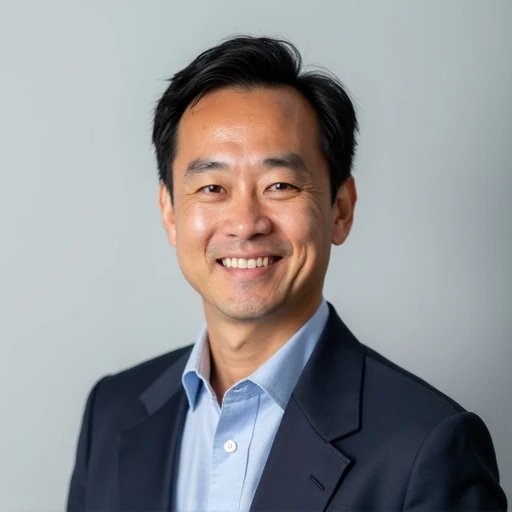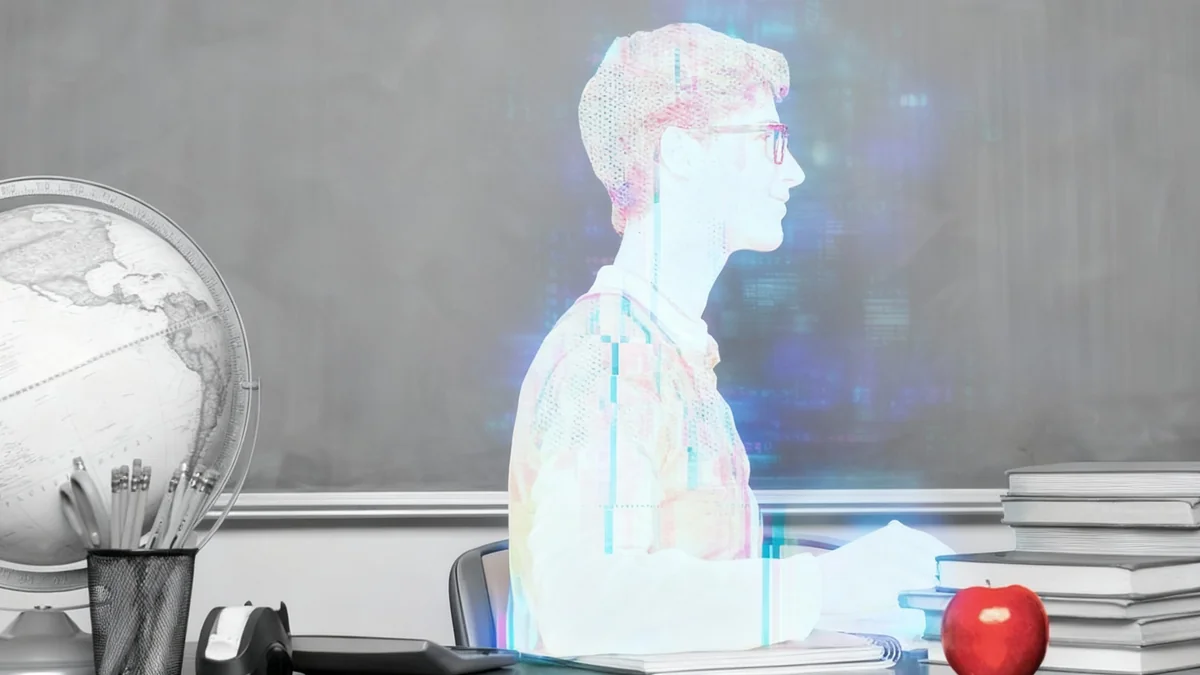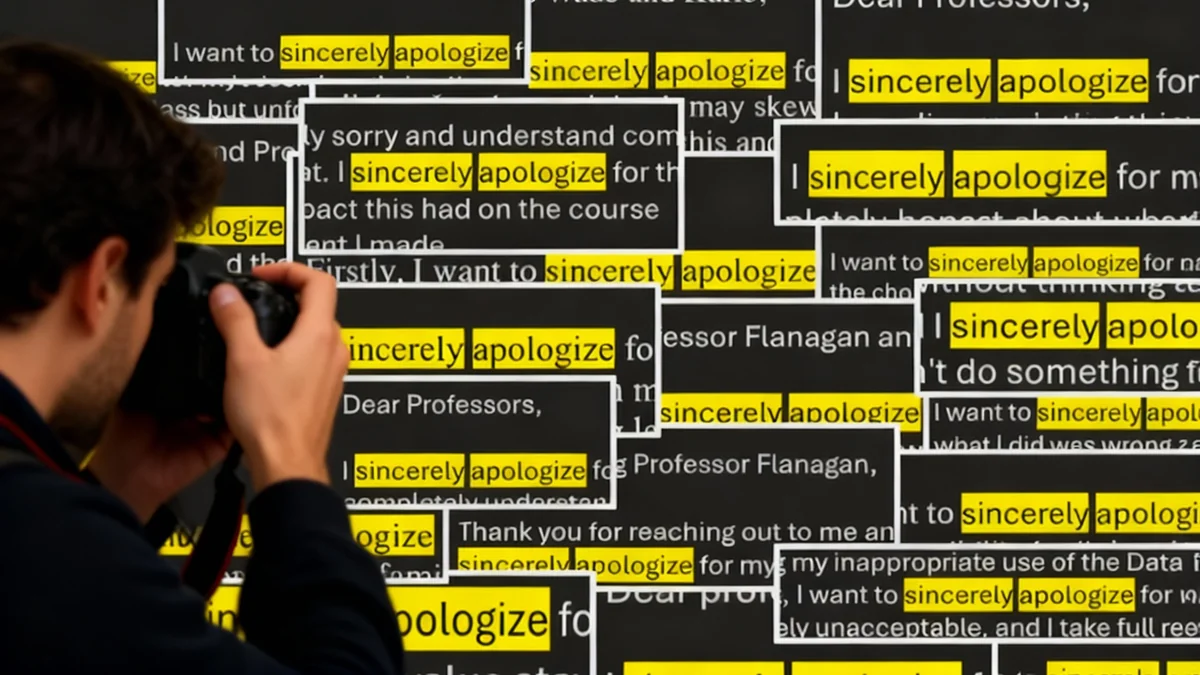California State University is rapidly transforming into a major hub for artificial intelligence education, driven by partnerships with technology giants like Amazon and OpenAI. The university system aims to become the nation’s largest AI-empowered educational institution, integrating advanced AI training into its curriculum and offering specialized programs.
Key Takeaways
- California State University plans to become the largest AI-empowered university system in the U.S.
- Major tech companies like Amazon and OpenAI are collaborating with Cal State to provide AI training.
- New programs, such as the AI Camp, offer students hands-on experience with industry-standard AI tools.
- The initiative addresses the growing demand for AI skills in the global job market.
Cal State's Vision for AI Leadership
The California State University system, comprising 23 campuses, is making a significant push to embed artificial intelligence across its academic offerings. This strategic move aims to prepare a vast student body for the evolving demands of the modern workforce.
The goal is ambitious: to position Cal State as the leading institution for AI education and workforce development in the United States. This vision is supported by substantial collaborations with prominent tech firms, providing students with access to cutting-edge tools and real-world applications.
Fact: Scale of the Initiative
The California State University system serves nearly 460,000 students across its 23 campuses, making it the largest four-year public university system in the United States. This scale offers a unique opportunity to impact AI literacy broadly.
Partnerships with Industry Leaders
Key to Cal State's AI strategy are its partnerships with major technology companies. These collaborations provide both financial support and access to proprietary AI platforms and expertise. Amazon and OpenAI are among the leading firms contributing to this initiative.
These industry ties ensure that the curriculum remains relevant and aligned with current industry practices. Students gain exposure to the tools and methodologies they will encounter in professional settings, bridging the gap between academia and the workplace.
"We are building a bridge between academic excellence and industry innovation, ensuring our students are not just learning about AI, but actively engaging with it through the best available platforms."
Amazon's Role in AI Training
Amazon Web Services (AWS), the cloud computing division of Amazon, plays a central role in Cal State's AI training efforts. AWS provides access to its cloud infrastructure and AI services, enabling students to develop and deploy AI applications.
One notable example is the AI Camp, a five-day summer program held at California Polytechnic State University (Cal Poly) in San Luis Obispo. This camp, powered by AWS, offers intensive training in building AI applications using tools like Amazon Bedrock.
Understanding Amazon Bedrock
Amazon Bedrock is a fully managed service that offers a choice of high-performing foundation models (FMs) from leading AI companies, including Amazon, via a single API. It allows developers to build and scale generative AI applications rapidly.
Student Experiences at AI Camp
The AI Camp at Cal Poly attracted dozens of students from various Cal State campuses. Participants like Savannah Bosley, a computer science graduate, joined the program to acquire marketable AI skills.
Students engaged in hands-on assignments using AWS Jam, a training app designed for practicing AI skills. They also attended sessions led by Amazon employees, learning about the company's principles and technological advancements.
Ms. Bosley, 25, noted the practical benefits of the program, stating, "I figured it wouldn’t hurt to put it on the résumé, to learn a new tool that’s maybe marketable." She highlighted the blend of practical training with corporate insights.
- Eighty students from across Cal State campuses attended the AI Camp.
- The program provided hands-on experience with Amazon Bedrock.
- Students received Amazon-branded merchandise and engaged with company culture.
Preparing for the AI-Driven Future
The initiative reflects a broader recognition of the increasing importance of artificial intelligence across all industries. Equipping students with strong AI capabilities is crucial for their future career prospects.
The demand for AI professionals is soaring globally, with companies seeking individuals skilled in machine learning, data science, and AI development. Cal State's proactive approach aims to meet this demand by producing a highly skilled workforce.
By integrating AI into diverse fields, from computer science to humanities, the university system ensures that students from various disciplines can understand and apply AI technologies in their respective areas.
The Economic Impact of AI Education
Investing in AI education has significant economic implications for California and the nation. A workforce proficient in AI can drive innovation, create new industries, and boost economic growth.
Graduates with AI expertise are likely to command higher salaries and fill critical roles in technology, healthcare, finance, and other sectors. This fosters economic mobility and strengthens the state's position as a global leader in innovation.
The partnerships with tech companies also bring economic benefits, potentially leading to research grants, internships, and job opportunities for students directly within these leading firms.
Challenges and Opportunities
While the initiative presents immense opportunities, it also comes with challenges. Ensuring equitable access to these advanced programs across all campuses and for all students is vital.
Moreover, keeping pace with the rapid advancements in AI technology requires continuous updates to curriculum and training materials. The dynamic nature of AI demands a flexible and responsive educational framework.
Despite these challenges, Cal State's commitment to becoming an AI-empowered university system positions it at the forefront of technological education, preparing thousands of students for the future.





